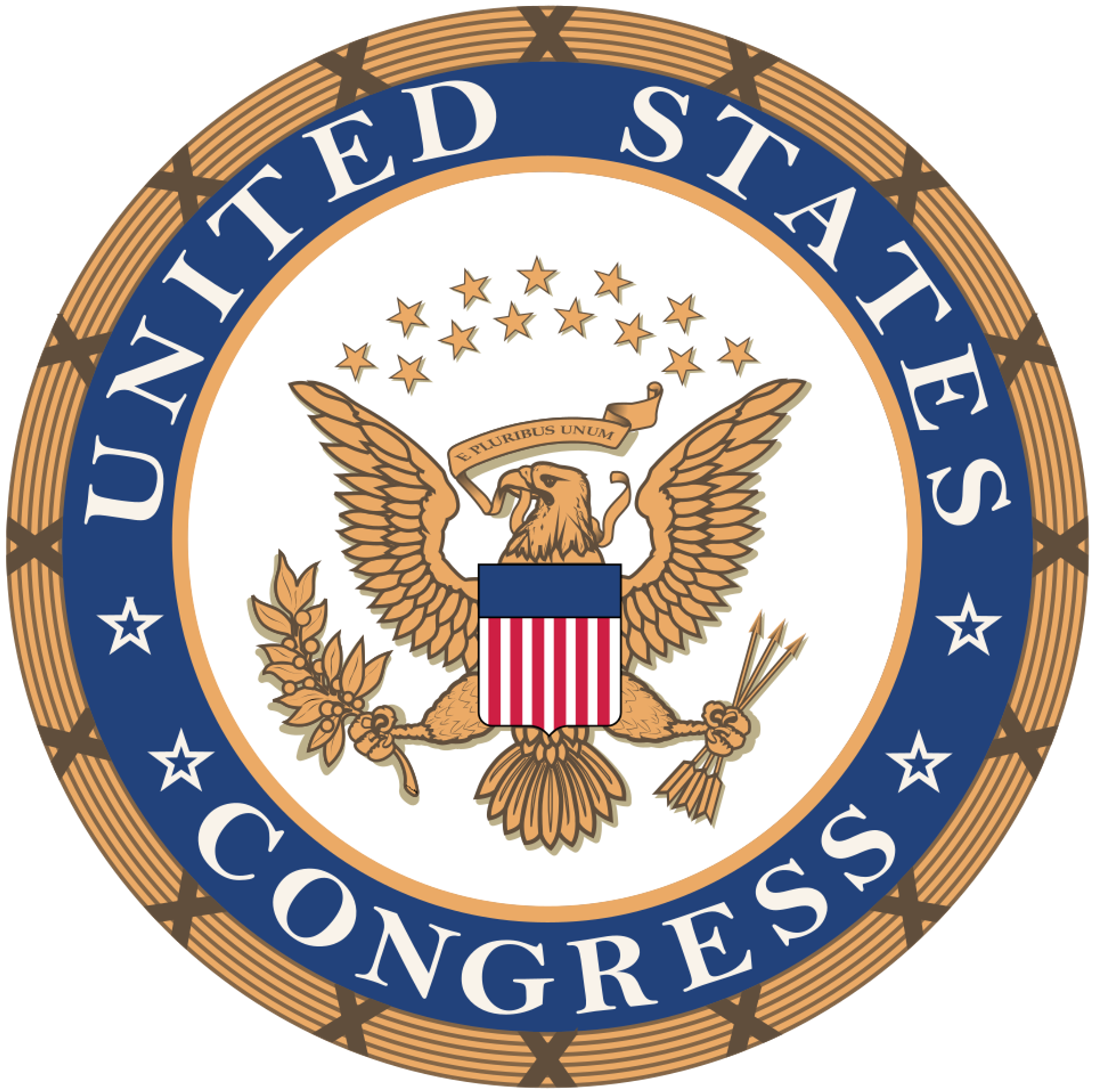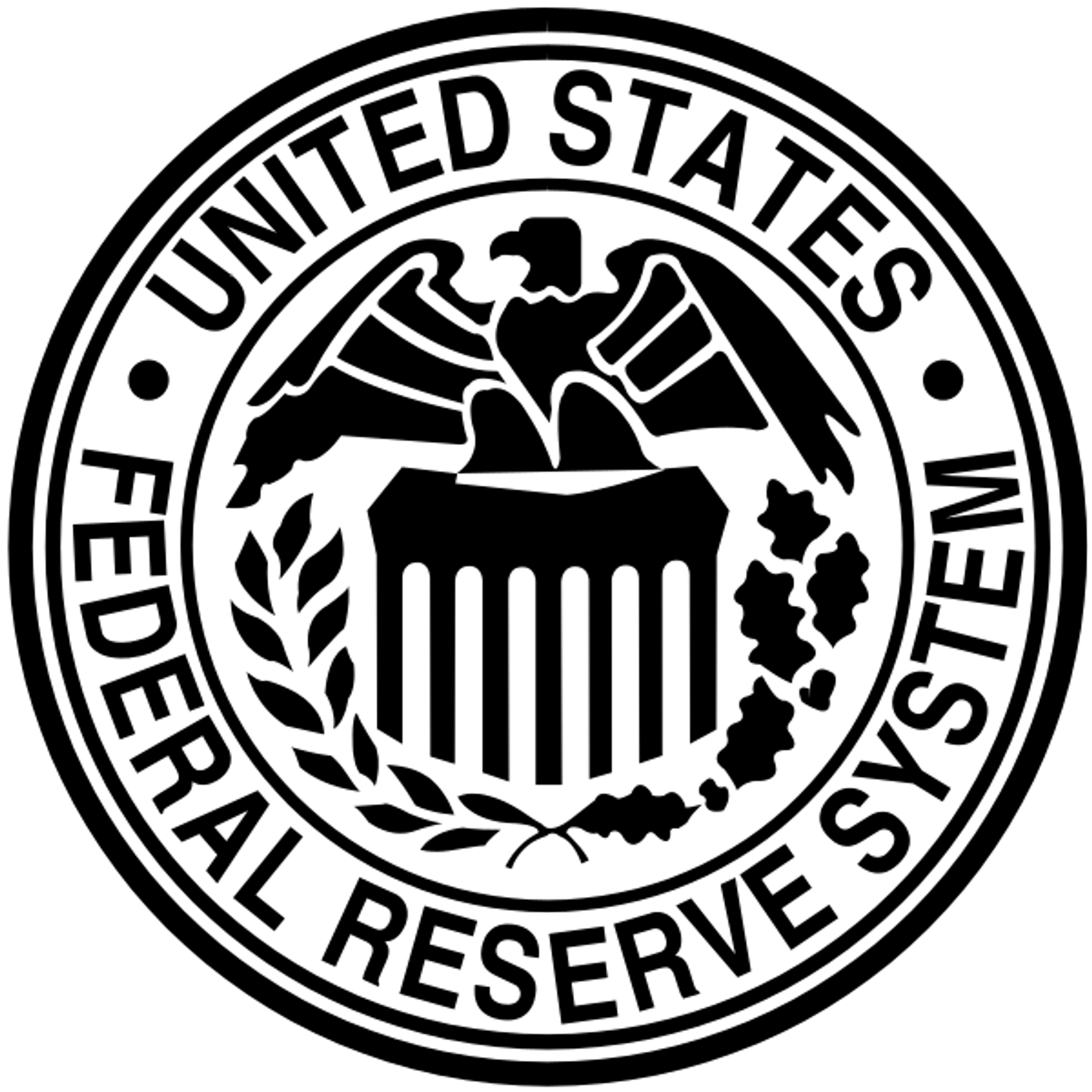
Medicaid
What do people say about Medicaid?
In the provided context, Medicaid is perceived negatively, primarily due to a significant cut described as the largest in American history. The political environment is highly polarized, with both Democrats and Republicans blamed for the ongoing government shutdown and the resulting hardships faced by vulnerable populations who depend on programs like Medicaid and food stamps. The discussion highlights a failure of leadership and bipartisan cooperation, with the American people suffering the consequences. Despite some calls for fiscal responsibility, the overall sentiment is frustration and disappointment toward how Medicaid and other social safety nets are being managed or undermined during this crisis.
Where are the conversations happening?
The source is a politically charged talk radio segment from 'Saturday Morning Update with Rick Fowler,' which reflects a partisan and polarized perspective. The commentary is critical of both major parties, highlighting the failures of Democrats and Republicans alike, but singles out a specific Medicaid cut as a significant negative event. The channel's critical discourse focuses on political dysfunction and its direct impact on social programs like Medicaid. This source embodies a critical media environment where social welfare programs are battlegrounds for partisan blame rather than constructive policy debate.
What are the topics trending around Medicaid?
The trending topics include the U.S. government shutdown, political gridlock between Democrats and Republicans, cuts to social safety net programs like Medicaid and food stamps, and partisan blame for the hardships faced by needy populations.
Why are these topics trending?
These topics are trending because the government shutdown exacerbates funding and access issues for programs like Medicaid, creating immediate and visible harm to vulnerable citizens. The political stalemate prevents resolution, making Medicaid a focal point for criticism related to broader systemic dysfunction and budgetary conflicts.
How is Medicaid being talked about?
Detailed breakdown of public sentiment and conversations about this entity.
Impact vs Sentiment
See how each entity's high impact percentage relates to their positive sentiment percentage from actual mentions.




